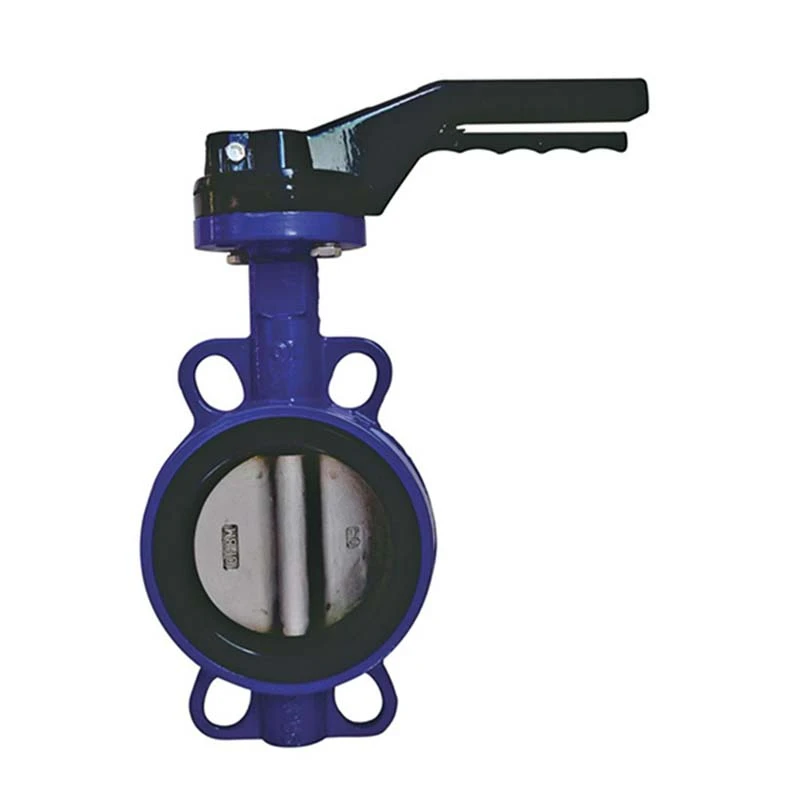Dis . 07, 2024 11:22 Back to list
Advantages of Using Threaded Ball Valves in Industrial Applications
Understanding Threaded Ball Valves A Comprehensive Guide
Threaded ball valves are among the most common types of valves used in various industrial applications due to their simple design, ease of operation, and efficiency in controlling fluid flow. This article delves into the structure, functionality, advantages, and applications of threaded ball valves, providing an in-depth understanding of this essential component in fluid management systems.
What is a Threaded Ball Valve?
A threaded ball valve is a type of quarter-turn valve that uses a hollow, perforated ball to control the flow of fluids. The ball is mounted on a rotating stem that allows it to turn within the valve's body. When the ball is rotated, the hole in the ball either aligns with the flow path (allowing fluid to pass through) or blocks it (stopping the flow).
The “threaded” part of the name refers to the type of connection it employs. Threaded connections provide a secure and leak-proof fit, as they ensure that the valve can be easily installed and removed from pipes or other components in a system. Typically, standard threads such as NPT (National Pipe Thread) or BSP (British Standard Pipe) are used for these connections.
Structure of a Threaded Ball Valve
A typical threaded ball valve consists of several key components
1. Body The main part of the valve housing the ball and other internal components. 2. Ball The spherical element that opens or closes the flow path. 3. Stem The rod connected to the ball that allows it to be turned. 4. Seats These are the components that seal the ball against the valve body when the ball is in the closed position. 5. Handle Usually attached to the stem, the handle provides the means for manual control of the valve.
Advantages of Threaded Ball Valves
Threaded ball valves come with several notable advantages, making them a favorite choice in many industries
1. Simplicity in Design Their straightforward design leads to easier maintenance and installation. 2. Seal Integrity When properly maintained, threaded ball valves provide excellent sealing capabilities, minimizing the risk of leaks.
3. Durability Many threaded ball valves are made from robust materials such as stainless steel or brass, ensuring longevity even in challenging environments.
threaded ball valve

4. Quick Operation With a quarter-turn action, these valves can quickly open or close, allowing swift control over fluid flow.
5. Versatility They can handle various types of fluids, including gases, liquids, and slurries, making them applicable across different industries.
6. Cost-Effective Compared to other types of valves, threaded ball valves generally come at a lower price point and also save costs due to their low maintenance needs.
Applications of Threaded Ball Valves
Threaded ball valves are widely used in various applications, including
1. Water Supply Systems They are often employed in residential and commercial plumbing systems to control the flow of water.
2. Oil and Gas Industry Their ability to handle high pressures and corrosive fluids makes them suitable for upstream and downstream operations.
3. Chemical Processing Threaded ball valves are extensively used in chemical plants where precise flow control is necessary, often for harsh chemical environments.
4. Food and Beverage Industry Sanitary versions of these valves are used in processing food and beverages to meet strict hygiene standards.
5. HVAC Systems They help regulate the flow of heating or cooling liquids in heating, ventilation, and air conditioning systems.
Conclusion
Threaded ball valves play a crucial role in managing fluid flow across various industries, thanks to their reliability, ease of operation, and longevity. Understanding their construction, benefits, and applications can help industries make informed decisions when selecting the appropriate valve for their specific needs. As technology advances, further innovations in valve design and materials may enhance their capabilities, ensuring threaded ball valves remain an essential element in fluid control systems for years to come.
Share
-
Advanced Technology in Wire and Cable FactoryNewsAug.19,2025
-
Applications of Ball Check Valve in Water Treatment PlantsNewsAug.19,2025
-
How Osy Gate Valve Ensures Leak - Tight SealingNewsAug.19,2025
-
Selection Criteria for Wafer Type Butterfly ValveNewsAug.19,2025
-
Threaded Ball Valve Pressure RatingsNewsAug.19,2025
-
Y Strainer PN16 Cost - Effectiveness AnalysisNewsAug.19,2025


